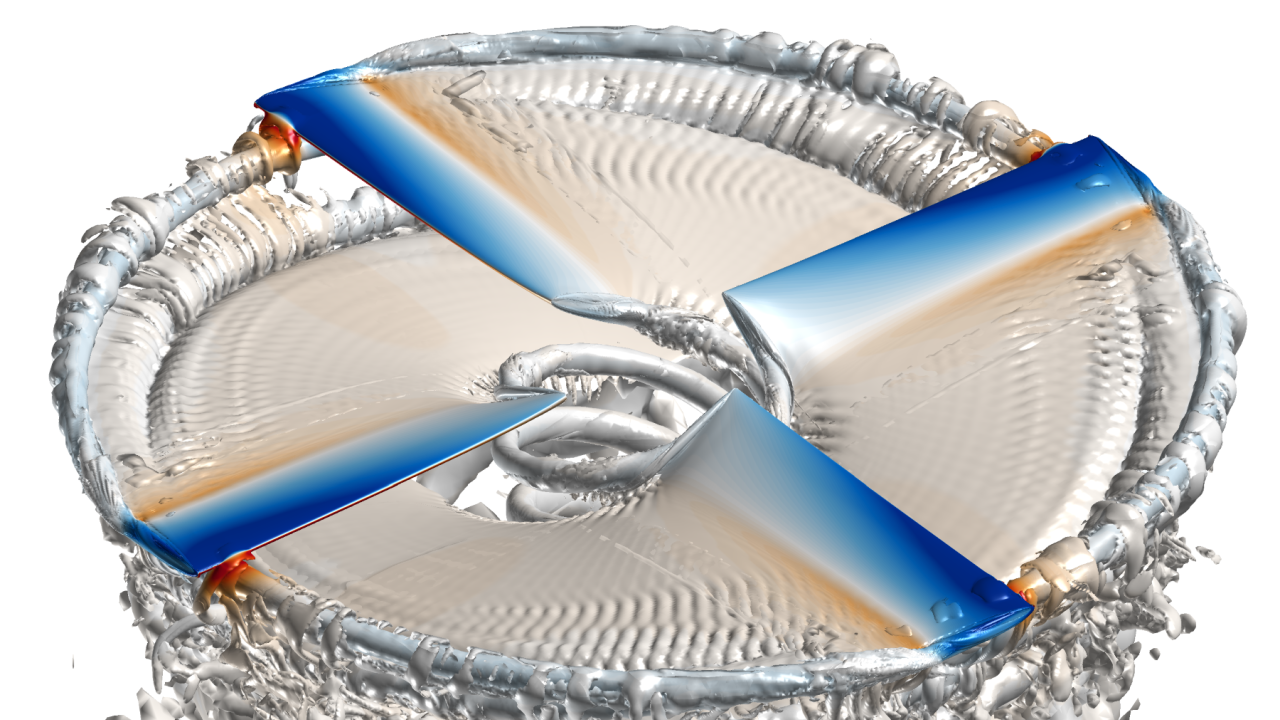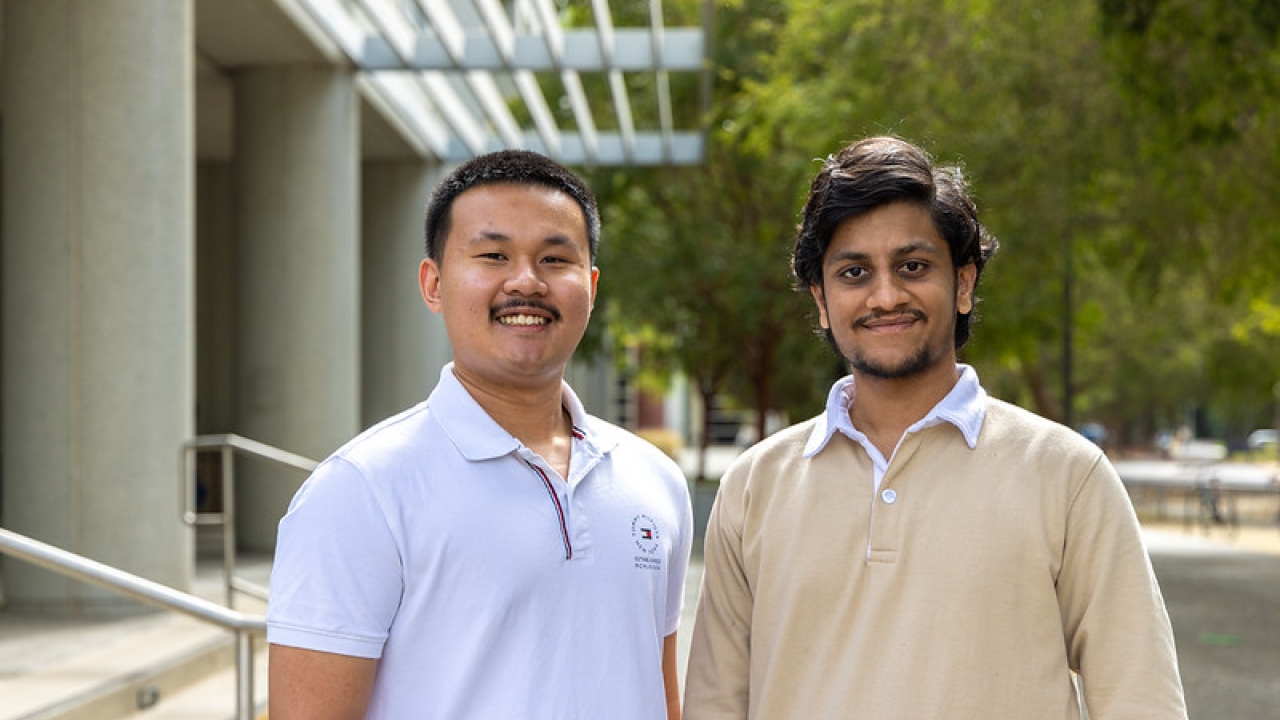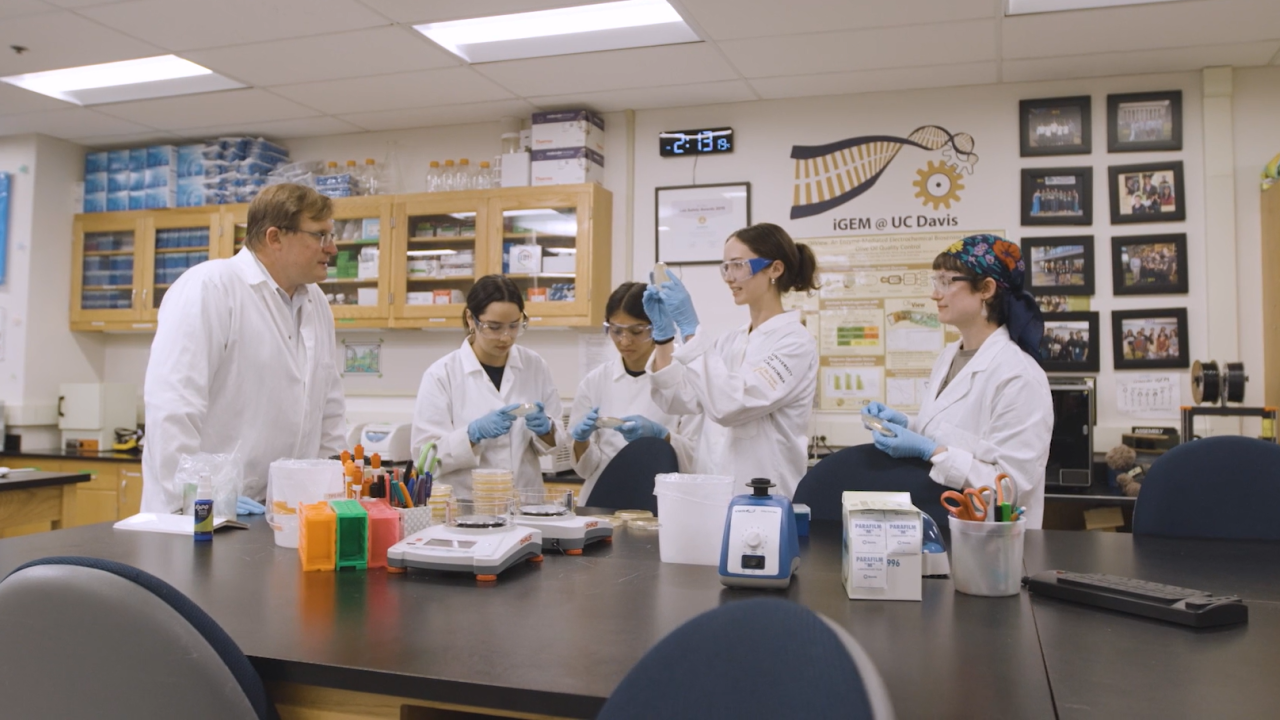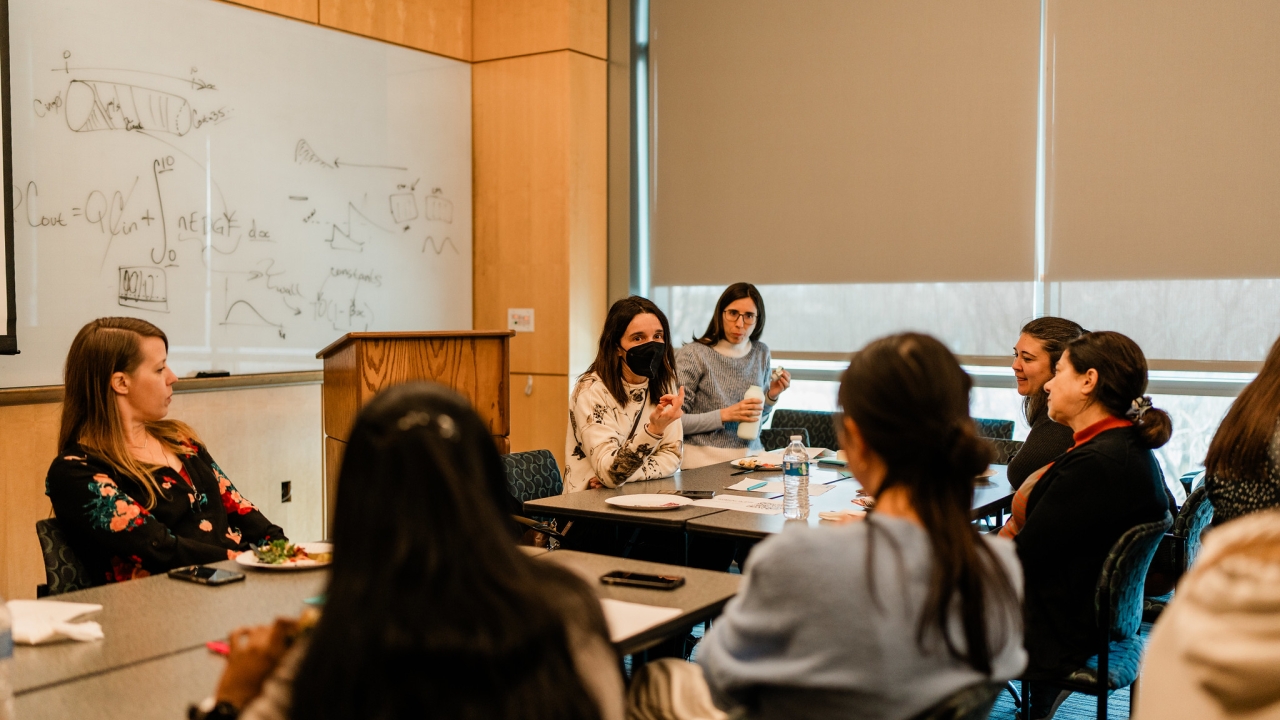
Building Better Sense of Belonging for Women Engineers
Each month, a conference room at the Genome and Biomedical Sciences Facility at the University of California, Davis, goes through a transformation — it becomes a gathering space for students, staff and faculty to openly discuss the unique issues women face in biomedical engineering.
Called Women+ Lunches in BME, the monthly series is a new initiative from the department’s Health, Equity and Wellness Committee, or HEW. It provides a safe place where community members come together to eat food with one another as they share their thoughts on topics like mental health and work-related travel in the era of abortion bans.
“A few years ago, the department did a survey about the climate in biomedical engineering, how people felt about different things, different aspects,” said Alba Alfonso-Garcia, a project scientist in the Marcu Lab and one of the event’s founding members. “One of the things we learned was the different perception women had of the culture in our department, as opposed to that of men.”
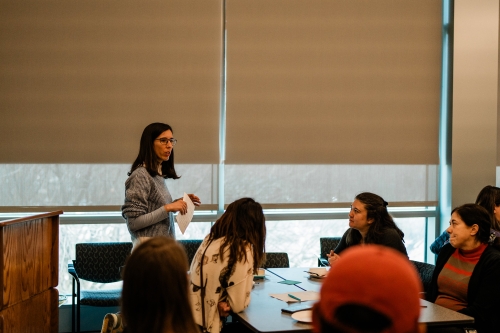
It’s undeniable that, in a male-dominated field such as engineering, the issues men and women face are not the same, from representation to inequality in tenure track faculty positions.
One specific inequity in the Department of Biomedical Engineering that inspired HEW to create the Women+ Lunches in BME series was a sense of belonging. The lunches seek to build a better sense of belonging among women in the department by creating opportunities for community building.
“We wanted to create a space where the women in our community could come together,” Alfonso-Garcia said. “But we don't want it to be a woman-only group.”
Inclusion is in the Name
The plus symbol in the event’s name symbolizes the invitation to all women and historically excluded minorities in the biomedical engineering community. Alfonso-Garcia explained that the organizing committee felt strongly about including people who may not identify as women but may face similar issues to encourage a richer conversation on identified problems and what they can do about them.
The invitation also extends to men.
“I do understand that there is some level of discomfort with it being called ‘Women+’ if you do not identify,” said Eleonora Grandi, a founding member of the event and a professor in the Department of Pharmacology at UC Davis Health. “Frankly, I feel that women-plus are uncomfortable in most professional settings, so I am okay with some level of discomfort among those who do not identify as women-plus.”
The group believes the inclusion of men is a necessary step to address the inequalities between men and women in the biomedical engineering community.
“At the end of the day, we want to close the gap, and if you don't include the other part, there's no gap to close,” said Alfonso-Garcia.
Community Building in Action
At the most recent event in the monthly series, held in February, participants grabbed sandwiches and snacks before picking a seat at one of five tables. Each table was unique, with faculty sitting with staff members and students, and the few men in attendance scattered amongst the groups. Everyone had come to talk about burnout.
Alfonso-Garcia and Grandi led the group through guided activities. Alfonso-Garcia first tasked each table to compile a list of words or phrases that remind them of burnout before coming back as a team to share. “Exhausted,” “guilty,” “inability to focus,” “lack of motivation” — these were just some of the answers attendees identified.
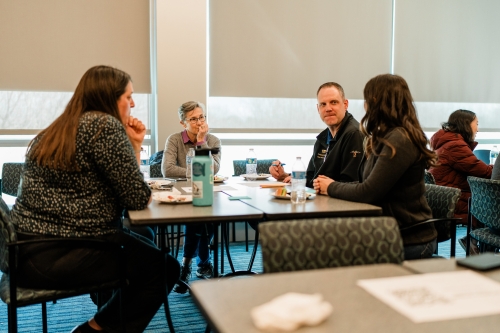
When Alfonso-Garcia asked if describing burnout was difficult, the room responded in a chorus of “No,” followed by laughter. She then had the tables work on identifying things currently annoying each attendee. People took the question in as they finished their food.
More members began opening up and sharing their experiences and tips for overcoming burnout.
One that stands out and nearly defines the event itself came from Alfonso-Garcia: “Eat together to combat burnout.” By sharing food, opportunities for deep conversations and genuine connections with those around you emerge, filling your proverbial cup.
“I was reflecting about the event,” Grandi said in an interview the day after the lunch. “I feel that my sense of belonging to the group that we have created has definitely improved.”


